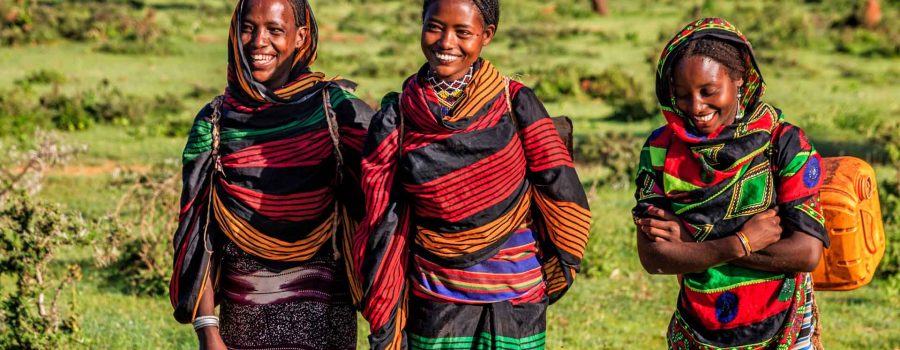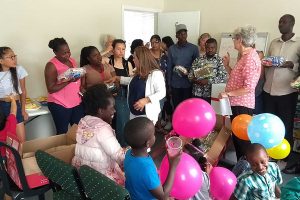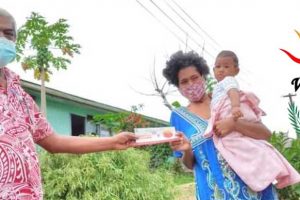THE PERIOD POVERTY & EDUCATION PROJECT
Period poverty refers to the experience of millions of menstruating people who are unable to access safe and hygienic sanitary products due to costs or other reasons.
A safe and dignified menstrual cycle is fundamental for all menstruating people and yet every month millions are forced to resort to unsafe and unsanitary methods of taking care of their period because they cannot get access to safe and hygienic menstrual products. Very often, these people are forced give up their daily routines, such as work and school because they do not have the period products needed to ensure a dignified and private monthly flow.
Menstruation is not a “female thing”. It is experienced by woman, girls, trans men, nonbinary and genderqueer people.
The term ‘period poverty’ doesn’t just refer to a lack of access to sanitary products but includes limited access. In some cases, a pack of pads/tampons are expected to last for weeks/months. This leads to prolonged use of the same tampons or pads, which can compromise hygiene and cause infection. In the absence of access to hygienic and safe sanitary products, menstruating people are forced to use unhygienic materials, such as rags and newspaper which can increase risk of infection and, for women, compromised reproductive health.
Menstruation is not a “female thing”. It is experienced by woman, girls, trans men, nonbinary and genderqueer people.
The term ‘period poverty’ doesn’t just refer to a lack of access to sanitary products but includes limited access. In some cases, a pack of pads/tampons are expected to last for weeks/months. This leads to prolonged use of the same tampons or pads, which can compromise hygiene and cause infection.
Periods and taboos around menstruation have been identified as key factors that keep girls from resource-poor environments home rather than at school
– UNESCO
Globally, approximately 130 million girls are out of school, according to UNESCO.1 While there are many reasons for this, periods and taboos around menstruation have been identified as key factors that keep girls from resource-poor environments home rather than at school.2 Significantly, the high numbers of menstruating people experiencing period poverty is not limited to developing and least developed countries. It appears to be a reality for many in all societies.
In the Netherlands, around 10 percent of girls and young women are sometimes unable to afford period products. In New Zealand, studies have found that about 95 000 nine- to- eighteen- year-old girls may stay home during their periods because of not being able to afford period products. In India, women and girls suffer discrimination and humiliation because of having a monthly period.
Girls and women in developing and least developed countries are disproportionately affected by period poverty. Adolescent girls are not told about and prepared for menstruation before experiencing their first period and sanitary products are all too often unaffordable.4 One in 10 girls in Africa miss school because they don’t have access to sanitary products, or because there aren’t safe, private toilets to use at school.5 In India, approximately 12 percent of its 355 million menstruating women cannot afford period products.6
The Kit to keep menstruating people thriving – The One Billion Thrive Kit
In an effort to help menstruating people in New Zealand and across the world access much needed period products, The One Billion Thrive kit will be launched to provide a kit of essential products to those who need it. The kit will ideally include reusable and sustainable pads, panties and soap/wipes, so that all who use them are able to take care of their normal and healthy bodily cycle every month over a long period, while ensuring that their health and wellbeing is not compromised.
References
- https://en.unesco.org/covid19/educationresponse/girlseducation
- https://www.who.int/pmnch/media/news/2020/menstrual_hygiene_health/en/
- https://www.theguardian.com/world/2020/jun/03/new-zealand-tackles-period-poverty-with-free-sanitary-products-for-all-schoolgirls
- https://www.who.int/pmnch/media/news/2020/menstrual_hygiene_health/en/
Join Us & Help Make a Difference Today
Enquire about how you can contribute





Leave a Reply
Your email is safe with us.